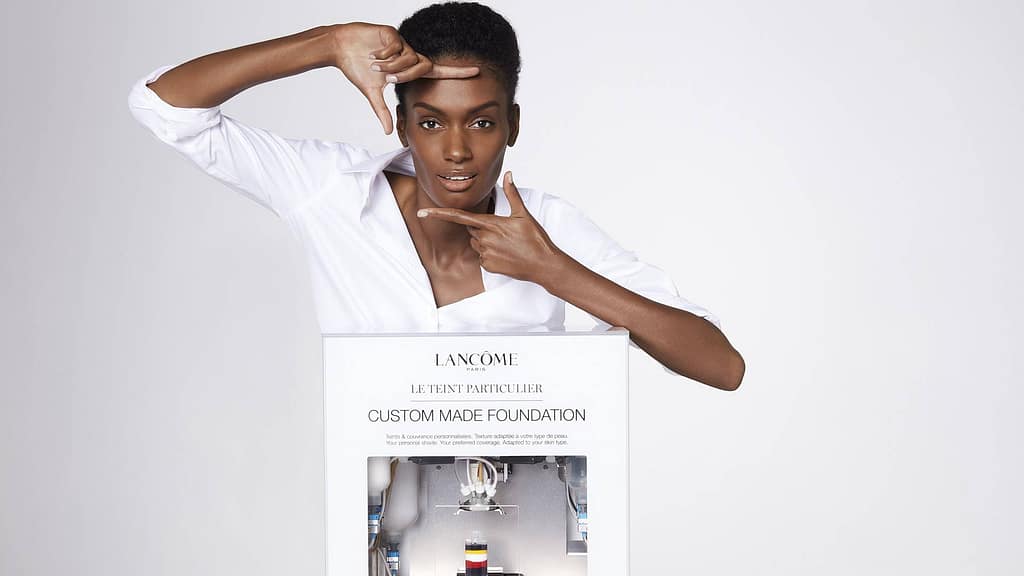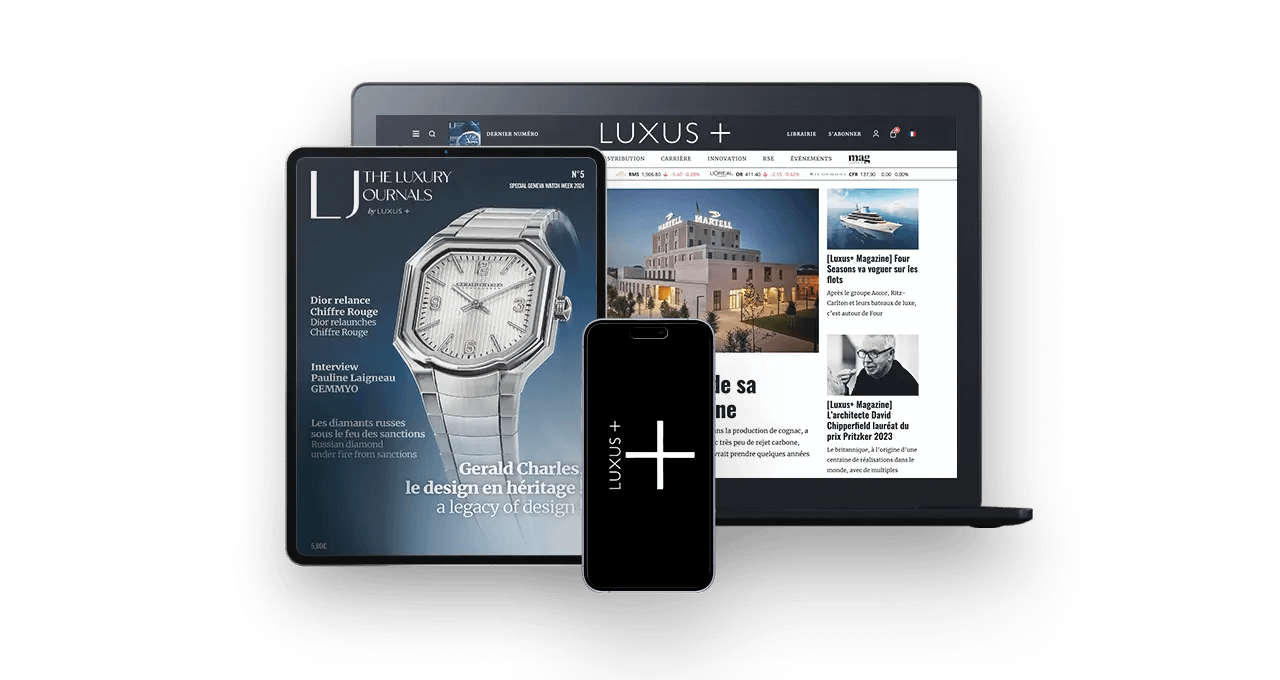Héroïne has just unveiled the new study from its Strategy division, “The 3 P’s of Shopping in 2030”. This forward-looking study will successively explore the trends and issues around places, people and products that drive the retail sector.
In this latest installment, Héroïne questions our relationship with products. How is technology revolutionizing shopping? What business models are transcending the challenges of product ownership? And what if, in 2030, the product fades away in favor of the experience?
Conversational commerce: a fluid, personalized and loyalty-building purchasing process
New commerce platforms based on artificial intelligence are the future, as demonstrated by c-commerce, which encourages dialogue between brand and customer via messaging systems, voice assistants or bots. It could represent sales of $290 billion by 2025, or 590% in 4 years (Juniper Research).
Lancôme has thus set up a virtual assistant, “Lancôme Le Teint Particulier,” powered by AI, offering a personalized experience in choosing foundations. Customers interact with the AI via the website by answering questions. This enables the AI to generate personalized recommendations based on their specific needs supporting the shopping experience and reinforcing brand loyalty.

Monoprix is also testing conversational commerce in a pilot store: on receiving a Mont D’or, an AI-activated message from its cheese maker on WhatsApp is said to have recorded 200 orders. This technology, which gives the impression of human interaction, promises a conversion rate of 35%, 10 times better than online commerce.
Subscription: a key business model for removing the friction of payment
Curious to learn more about our vision of retail and the Customer Experience? Discover the Agency on our website www.heroine.paris
Read also> [CHRONICLE] THE 3 PS OF SHOPPING IN 2030 – PART 2: PEOPLE
Featured Photo: © Louis Vuitton
































